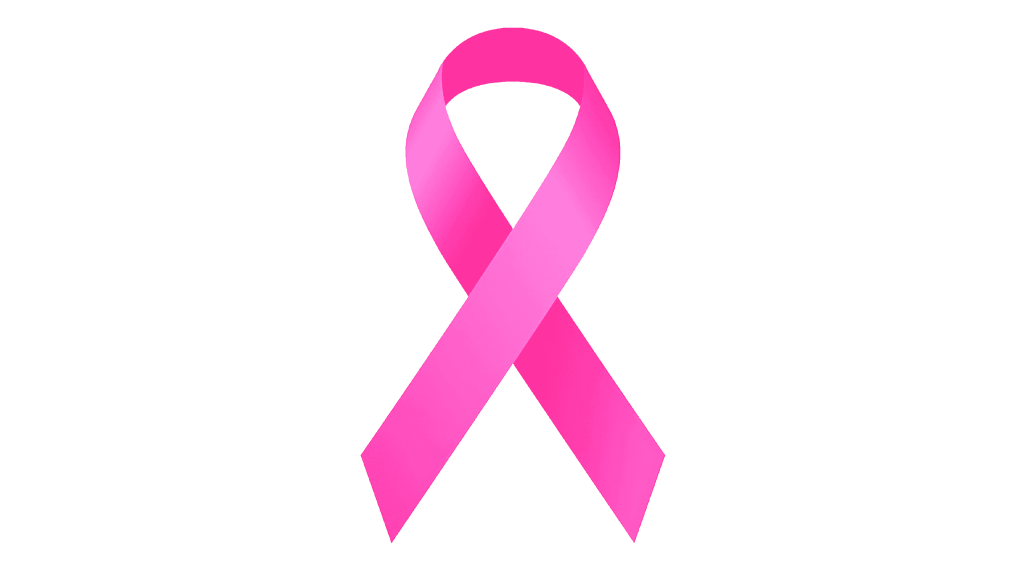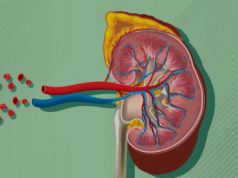When we trace the history of the term “cancer,” we travel back in time to the Greco-Roman era, when philosophical reflections, empirical observations, and metaphorical interpretations molded medical knowledge. The term “cancer” has Latin origins, but it was first conceptualized in the writings of significant thinkers like Hippocrates and Galen.
Naturalistic observations and philosophy were closely entwined with medical knowledge during the ancient era. Hippocrates, often regarded as the founding father of medicine, flourished in ancient Greece between the fifth and fourth century BCE. Hippocrates contributed significantly to our understanding of illnesses, their symptoms, and cures through his extensive body of writings. It was in this setting that he initially described the illness that is today recognized as cancer.
Hippocrates described the look of tumors to that of a crab after seeing them in different bodily sections. He saw that enlarged veins protruded from the tumor, giving the impression that they were a crab’s legs reaching out. The connection between malignant growths and crabs, which would eventually be ingrained in medical jargon, was established by this comparison.
The Latin word for crab, “cancer,” is where the word “cancer” originates. Later, in the second century CE, Roman physicians like as Galen embraced this Latin root and used it to further expand and standardize medical knowledge. Galen made a substantial contribution to our knowledge of illnesses and how to categorize them by expanding on the ideas of Hippocrates and other classical thinkers.
We find detailed descriptions of the traits and appearances of malignant growths in Galen’s works. He mentioned the hard, crab-like feel of the tumors and their propensity to infiltrate adjacent tissues, which is a hallmark of malignant neoplasms. Because of Galen, the word “cancer” was used often in medical discourse not just in the Roman Empire but even outside of it.

Beyond its linguistic roots, the word “cancer” evolved to represent the disease’s physical characteristics as well as its unrelenting and aggressive character. Cancer spreads its malignant cells by engulfing healthy tissues in its course, much like a crab using its pincers. Over the ages, this symbolic resonance has persisted, influencing medical nomenclature and how people see the illness.
Though there were few scientific breakthroughs during the Middle Ages and Renaissance, our awareness of cancer grew over time. In order to understand and cure ailments, medical professionals referred to ancient literature, such as those written by Hippocrates and Galen, as well as philosophical and theological frameworks.
The intricacies of cancer were not fully understood until the 19th and 20th centuries, with the development of modern medicine. A better knowledge of cancer biology was made possible by the identification of the cell as the fundamental building block of life, improvements in microscopy, and the clarification of cellular functions.
Cancer still poses a serious threat to millions of people globally. Even with the amazing advancements in diagnosis, treatment, and prevention, there is still much to learn about the complex mechanisms behind this wide range of illnesses.









